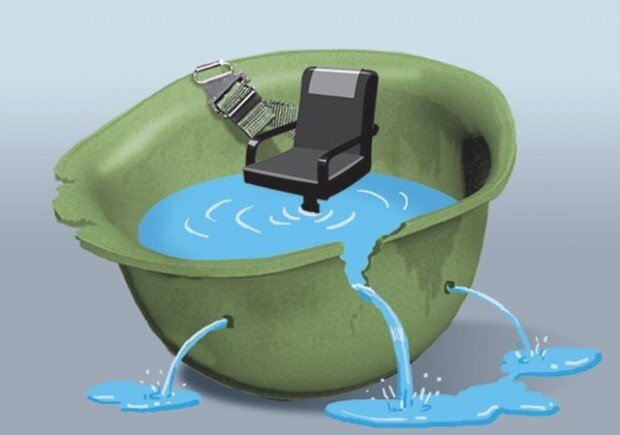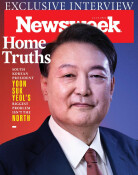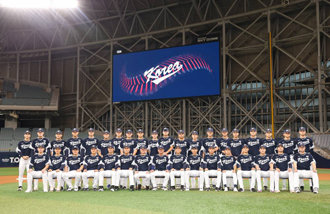The specter of bureaucracy
The specter of bureaucracy
Posted January. 19, 2021 07:49,
Updated January. 19, 2021 07:49

Those descriptions are often seen in the records on the Japanese invasion in 1592. The enemies approached undetected as there were no patrollers. The night ambush worked as there were guards. “This can happen at the early stage of war. But the war has been going on for years now, but nothing has changed,” laments King Seonjo of Joseon during the late days of the 1592 Japanese invasion. The same patterns were repeated after 40 years in the Manchu war of 1636. Patrol and guard, the basics of military tactics, may have been elusive for Joseon.
Those reports are often designed to pass the buck to some rumors or the commander in chief, instead of the loose readiness. Of course, standing guards doesn’t guarantee watertight security. Surveillance often fails.
During the two foreign invasions, the Joseon military did send forth patrollers; they failed to detect the enemies or were killed by them, or in the worst case, too intimidated to take any action. The same can apply to the failure of standing guard. The guards were either dozing off or their designated areas were too vast to cover. In other words, the failures came from lack of competence not common sense. It takes the skills and the caliber of a commander to serve as patrol officer. Such expertise cannot be deployed readily in wartime unless it is nurtured in normal times.
Che Tam Ja was a special search unit established during the years of King Sejong. The main tasks for this Joseon Navy Seal included reconnaissance in the enemy camp, penetration, search, and other various special missions. Once the borders were stabilized in the 16th century, Che Tam Ja became the first military unit to disappear. Special missions carry bigger risks. And the disbanding of the unit was an inevitable course of action given the risk-averting nature of Joseon’s bureaucracy. The cost was hefty. But even after the Japanese invasion, Joseon’s bureaucracy persisted. During the Manchu war, a similar special unit was briefly operated, but it was little more than a sparsely manned temporary detail. The absence of special forces in the fight against Qing, which boasted the world’s most notorious mounted troops, led to even more tragic consequences.
Bureaucracy erodes military, and a bureaucratic military cripples national defense. Recent statistics put the military prowess of South Korea ranked sixth in the world. The figure is certainly encouraging, but it begs a question; has the Korean military dispelled the specter of bureaucracy, the statistically elusive factor at play that haunted our nation for hundreds of years?
Headline News
- Pres. Yoon addresses the nation at a press conference
- LX Group chairman gifts 100 million won to employee family welcoming quadruplets
- Tax-exempt shared offices in rural areas misused as tax havens
- President-Elect Trump promises 'peace through strength'
- French gambler wins 67.2 billion won by betting on Trump’s election win







